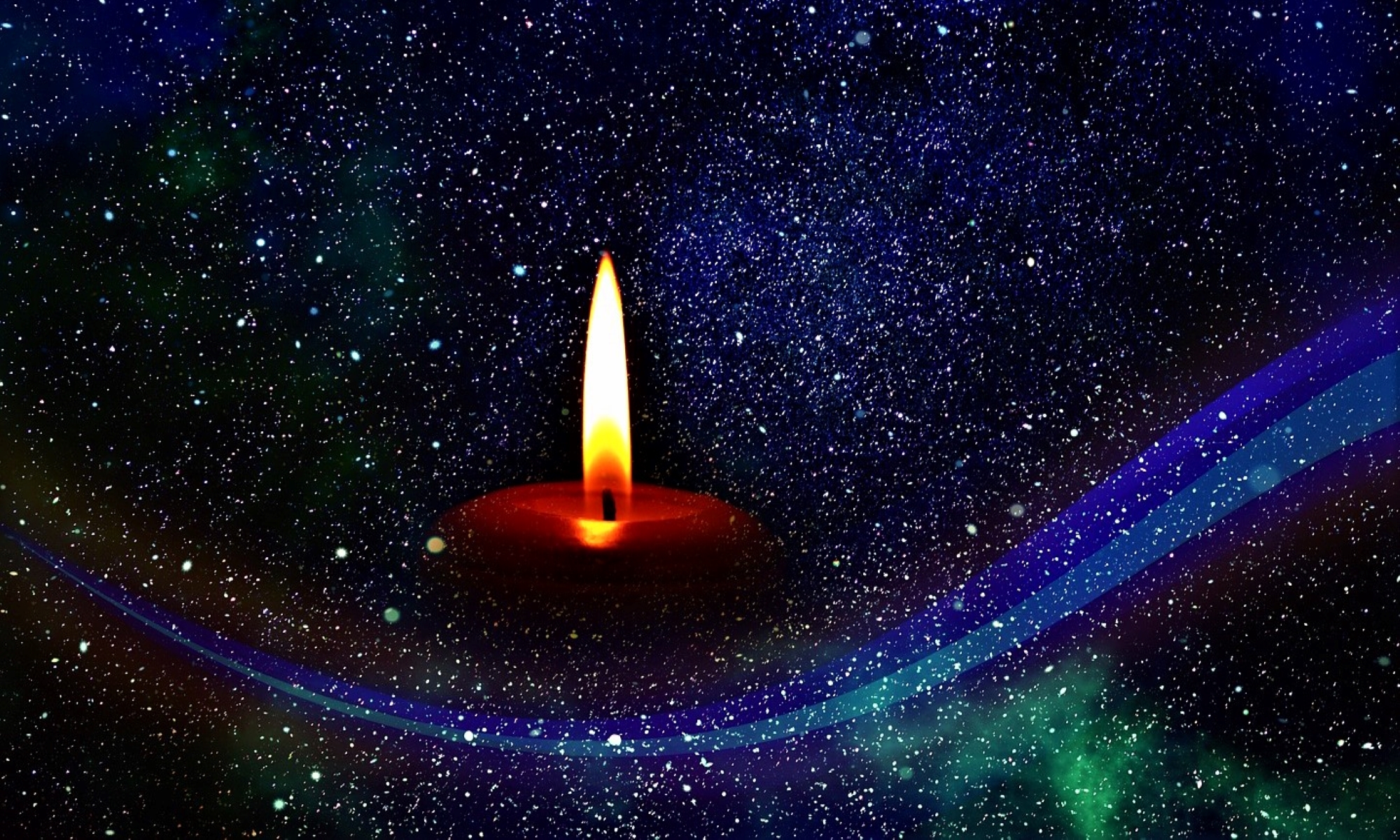Healing Our Divides
“Why heal our divides? Because if we do, we heal ourselves.”- Diana Butler Bass in How To Heal Our Divides 1
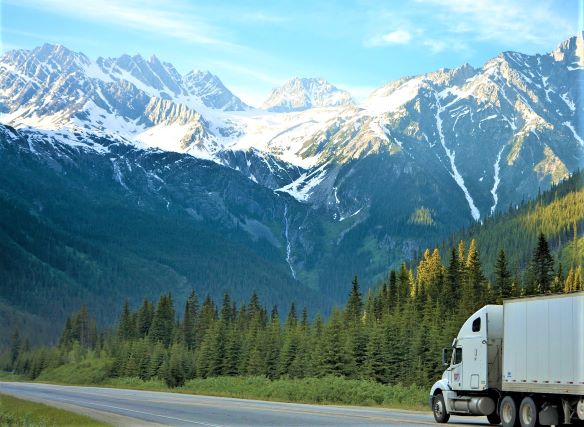
A huge cloud of blue smoke belched from the tailpipe as my husband coaxed our heavy-laden UHaul™ up the east side of Wolf Creek Pass. Clearly, something was wrong. I prayed as I followed him up to the summit, which straddles the Great Divide. If only he could reach the top, he and the truck could almost coast into Pagosa Springs. We were moving to a new community as we semi-retired.
The Continental Divide zigzags across the Colorado high country like a dot-to-dot puzzle, shedding water toward the Atlantic or the Pacific. I’ve crossed it hundreds of times; east to reach civilization, west to return home. It’s a beautiful drive, but you have to pay attention.
Swamp to the West, Sea to the East
As much as I love mountain living, sometimes I still miss the simplicity of flat land. Here in Colorado, highways run willy-nilly through the wilderness. I grew up in Miami, where the roads were straight and the map made sense. The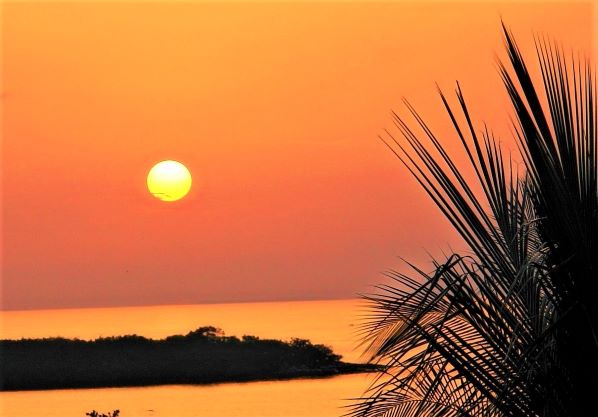 swamp lay west, and the sea east. It was a good thing life was relatively simple. When I was young, I had a hard time paying attention.
swamp lay west, and the sea east. It was a good thing life was relatively simple. When I was young, I had a hard time paying attention.
Such a hard time, in fact, that at the age of twenty-one I broke my engagement, dropped out of college, sold all my furniture, and beat feet out of South Florida. In recovery, we call that a “geographic.” Those of us with untreated addictive tendencies often believe that moving away, the farther the better, will surely solve all of our problems. So my pot brownies and I bummed a ride from my soon-to-be ex and landed smack-dab in the middle of Party City: Aspen, Colorado.
A brilliant move, said no one ever.
The Good News and the Bad News
The good news and the bad news were the same: I found my community. Sadly, I found it in a town where cocaine was king and people smoked weed in 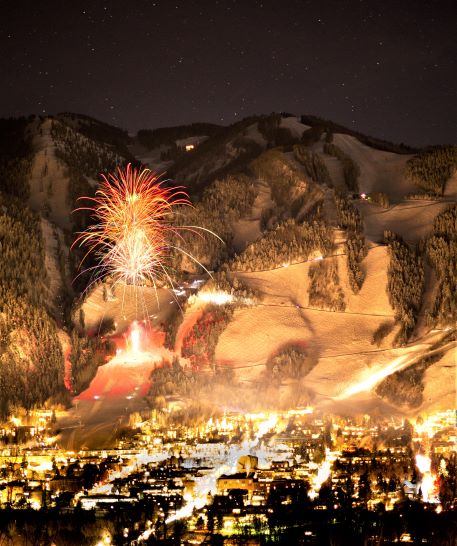 restaurants long before it was legal. In a surprising twist, I snagged a job as a nanny. One would have thought this would be a good influence. Turns out Mom was quite the party animal and hired other babysitters so we could hit the bars together. Under her tutelage, my vices became full-blown addictions. By the grace of a God I didn’t know, I survived remarkably intact.
restaurants long before it was legal. In a surprising twist, I snagged a job as a nanny. One would have thought this would be a good influence. Turns out Mom was quite the party animal and hired other babysitters so we could hit the bars together. Under her tutelage, my vices became full-blown addictions. By the grace of a God I didn’t know, I survived remarkably intact.
Speaking of God
Speaking of God, I wasn’t keen on meeting Him. If He existed at all, He’d made Himself scarce during my hair-raising childhood. Imagine my relief when I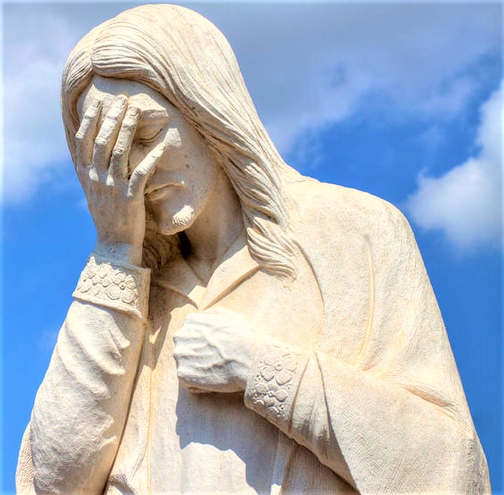 discovered drugs and alcohol would alleviate emotional pain. Not only did I not need God, but I figured He would not be too excited to meet me either.
discovered drugs and alcohol would alleviate emotional pain. Not only did I not need God, but I figured He would not be too excited to meet me either.
Why He mercifully kept me out of danger and from doing any real harm to others escapes me. He did, however, have plans in the offing He set into motion soon after I was unceremoniously bounced out of that house.
I was forced to get a real job.
I had always worked; that wasn’t the problem. Showing up bright-eyed and bushy-tailed at nine am was the challenge. This college dropout probably wasn’t anyone’s first choice for bookkeeper, but then I met this lady. She owned and ran two department stores. Her bookkeeper was moving away. She knew one of my local references. I knew how to make a bank deposit. She was desperate. I had a pulse. She hired me.
And God smiled, because my new boss knew His Son.
Seven years it took for this woman to pray me into the Kingdom. To this day, forty-three years after our first meeting, she remains one of my best friends. 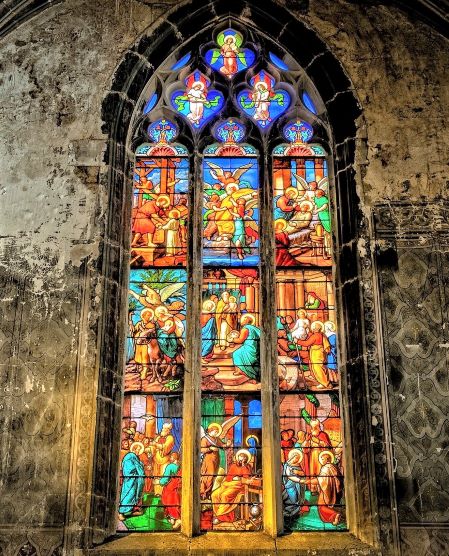 Unlike the party animal I worked for previously, this woman introduced me to Jesus. She was, and is, and will be until she dies, an Evangelical Christian. She was, and is, the first true Jesus-follower I ever knew. She led me into the family of God through her Evangelical Church.
Unlike the party animal I worked for previously, this woman introduced me to Jesus. She was, and is, and will be until she dies, an Evangelical Christian. She was, and is, the first true Jesus-follower I ever knew. She led me into the family of God through her Evangelical Church.
She introduced me to her community.
Healing in Community
Little by little, I got well. I got clean, and then I got sober. I got married, and we celebrated at her house. I named my only daughter after her, and she was the first person I called when my little girl died. Of course I was saved by the blood and mercy of Jesus Christ, but He came to me through the love and prayers of one woman who refused to give up. On her knees she wrangled me an invitation to Eternity.
Of course we didn’t always agree. She’s a Republican, and I’m a Democrat. Over the decades we’ve had our differences, but never anything we couldn’t talk out, or agree to disagree upon.
Then Donald Trump was elected President of the United States.
Taking Action and Speaking the Unspeakable
And so my dear friend, my surrogate mother, this eighty-seven year-old kindhearted Christian woman and I had a very difficult conversation about my rebellion against the Evangelical Church. While leaving my family of faith broke my heart, leaving my community almost broke my spirit. Fortunately, there is help. And where there is help, there is hope.
And hope was all I had in this last year as COVID and Trumpism ravaged the Christian community I had loved.
On my website, I review and offer books that I have found helpful in understanding what has happened to our faith, and where we may be going. Recently I met Brian Allain through his Writing For Your Life conference. He graciously gave all the participants an opportunity to take part in the launch of a groundbreaking book, and I jumped at the chance. This is one of those things I knew I needed but never envisioned.
How to Heal Our Divides is more than a book. It’s a guide to the new community I want to be a part of.
Roadmap To Our New Community
It’s an anthology, composed by a kaleidoscope of writers, speakers, activists, advocates, theologians, teachers, preachers, thinkers, scholars, radicals, rabble-rousers, storytellers, former legislators, ministers, peacemakers, Mormons, chaplains, lecturers, rabbis, professors, grandmas, gardeners, artists, professors, chaplains, pastors, and counselors.
Their stories illuminate our communal brokenness and where our society has fallen short of loving our brothers and sisters. Our LGBTQ sibs, our Black, Brown, and Asian sibs, our homeless sibs, our differently-abled sibs, our refugee sibs, our hungry sibs, our sibs on Death Row, and so many others. Jesus gave us explicit instructions on how we are to care for His kids, and these folks are doing it. We can do it, too.
And therein lies community.
Healing My Own Divides
When I was young, I had a hard time paying attention. That’s probably because I was broken: raised by an abusive father and a mother who wouldn’t protect me. Finding drugs and alcohol saved my life for a while, easing the pain until God sent someone to help me. Eventually, her Savior became my Savior, and her community, my community. By the love of God and support of these people, I found healing.
I miss Evangelical life, even with all its failings. I’m afraid I cannot return, with Trumpism continuing to run rampant through church leadership and QAnons still occupying the pews. White Nationalism is still represented by the American flag at the pulpit. Women are still subjugated. My eyes have been opened, but they are blinded by tears.
So when it comes to healing my own divides, I’m going to start small. I’m already involved with one of the organizations represented in this roadmap to our new community, How to Heal Our Divides. Our new town is home to a significant QAnon population and Trump supporters await his return.
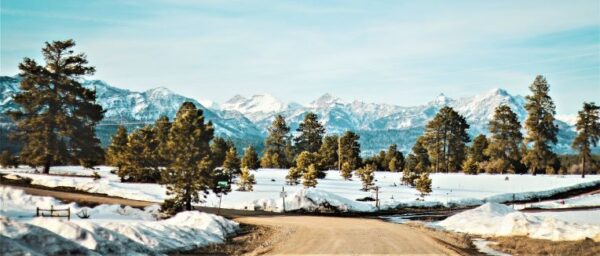
I’d better pay careful attention, and resist the urge to duck for cover. Divides are waiting to be healed.
©Rachel Ophoff, Coconut Mountain Communications LLC, 2021. All Rights Reserved.
1 How To Heal Our Divides, Copyright © 2021 by Brian Allain
To order the book, simply click on any of the red links above.
